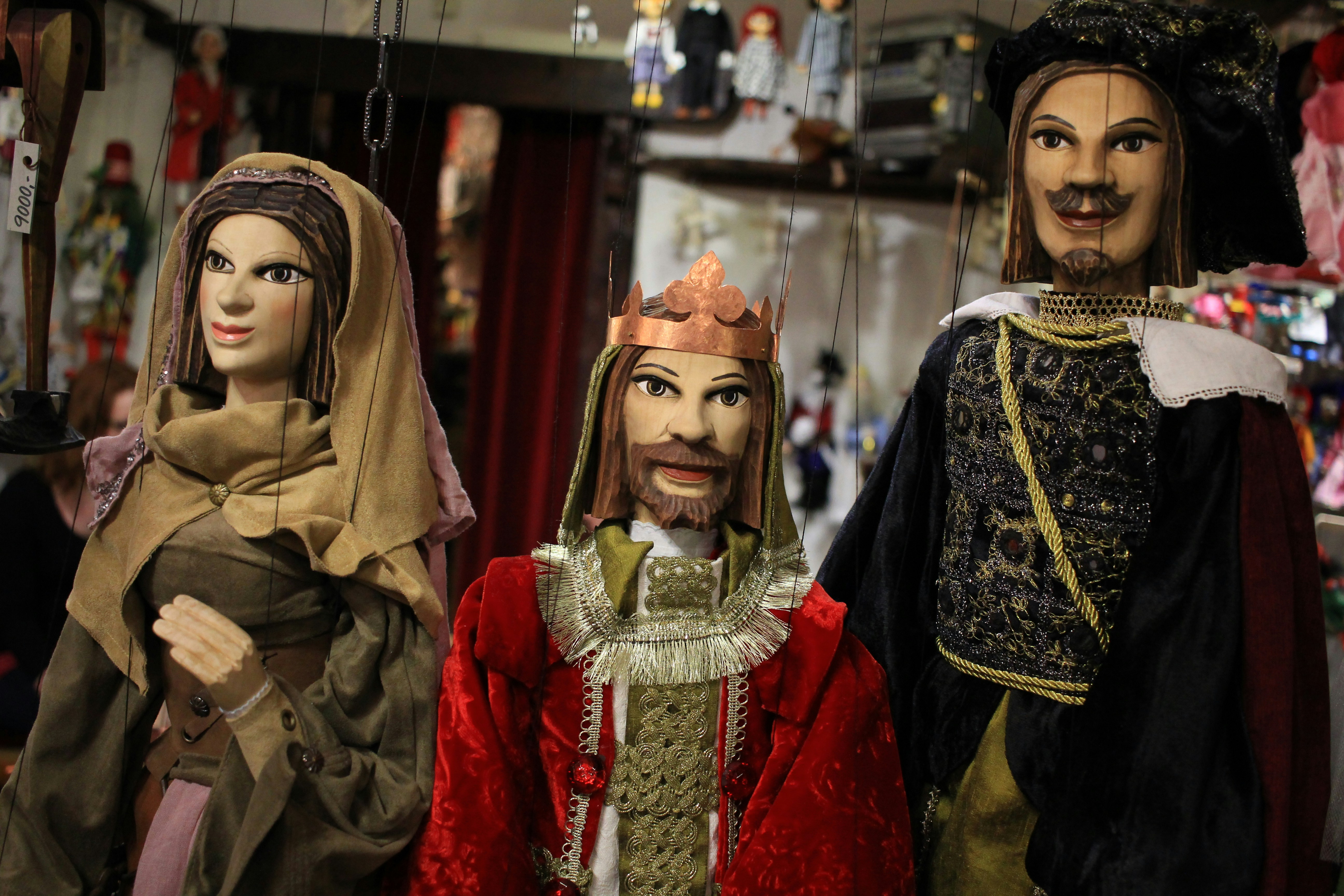
Book Name:
Subaltern Studies; Writing on South Asian History and Society
Author/ Editor:
Ranjit Guha, et.al .
Please note that this article may contain affiliate links !!!
What is our past? Who we are? Who and how the colonizers colonized and governed us? What were the reasons that made a whole population surrendered before a very small bunch of people? These and some more questions like them rake the minds of intellectuals of the former colonies wanting to know about their past that the imperials deliberately and tactically set aside from these colonies lest they might know and there might be a mental revolt against their slavery.
The only ideals they were given and taught that the Masters came in as a blessing in disguise of development and progress to these colonies which were otherwise know nothing about civilization.
1980s were a decade when the world was going through many dramatic changes, both tacit and explicit. A group of scholars of University of Sussex started questioning the colonial past of South Asia. The spoon fed concepts and ideas of their colonial era were challenged for analysis. Antonio Gramsci concept of the cultural hegemony was misused programmatically and diligently for this by colonizers and their so-called intellectuals.
The concept of cultural hegemony as was inculcated in the minds of South Asians by these imperials to lull them about their masters-superiority were then hammered by Ranjit Guha by giving a new defining meaning to this term and to the field of study that is the subaltern study, the study of the colonial South Asia.
Literally the word Subaltern means of low rank, quality, class or importance. The synonyms of servile, secondary or subordinate may covey the conceptual framework for this field of study and what Gramsci wanted to explore through this term when he used it for the first time.
Also Read: All about Happiness!
Generally as now accepted in the post-colonial literature it refers to the vast chunk of population of the former colonies that have no share in the power of hierarchy. They are geographically, socially and politically ostracized by their imperial or colonial masters. Originally Gramsci use was limited to peasants having no share in the capital system. While after Ranjit Guha and his disciples, it refers to any group or strata of society having no share in the body politic and power structure of their independent states even after getting their independence from their former masters. Though whatever reasons it may have for this….
The 10 volumes of this subaltern studies covers different aspects of history and politics of the colonial South Asia. Though a long read, it has the knowledge and depth to fathom our last past, deliberately muddled to us by the colonial masters.


